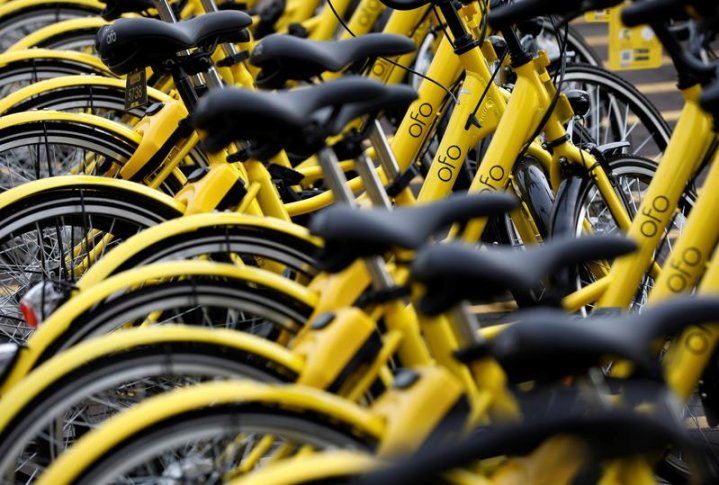
Bike-sharing firms in Singapore move to strengthen parking regulations as they have come up with a new agreement with the Land Transport Authority (LTA). Targeted to materialise by the end of the year, all mobile apps of the bike-sharing firms are required to use a geofencing feature.
Geofencing is the use GPS or RFID technology to build virtual geographic limits, allowing the software to prompt an automated response when a mobile device enters and leaves a certain area. Before entering into a new agreement, two bike-sharing firms are already using this feature.
Also read: Is Grab moving to dock-less bikes? New move says so
SG Bike, Mobike, GBikes, ofo and oBike have all come to terms to deploy a geofencing functionality to stop chronic indiscriminate parking of bicycles around the city-state. In full swing, the feature will trigger an alarm notifying the operators that the leasing rider left the bike in a restricted zone.
SG Bike and GBikes are the only ones that use the geofencing technology. Currently, a total of 30,000 bikes are available from five operators.
The bike-sharing firms signed the deal with the LTA; the National Parks Board (NPB) and all 16 town councils are also part of the pact. The NPB will be assigned to mark out designated areas for parking near Housing Board estates, MRT stations, bus stops and parks. As far as target implementation date goes, all have settled to bring in the geofencing feature by the end of the year.
As the popularity of bike-sharing services in Singapore increases rapidly since its debut in January, indiscriminate parking has become a major concern of both public and private entities. According to the LTA, 278 bikes were impounded since January due to parking violations.









